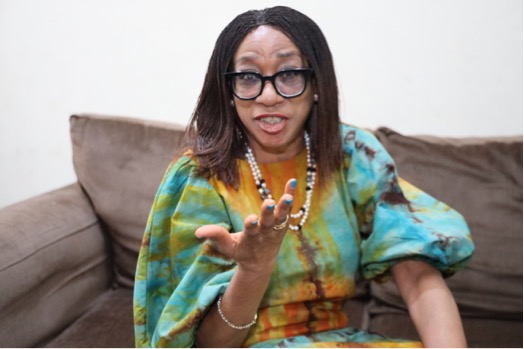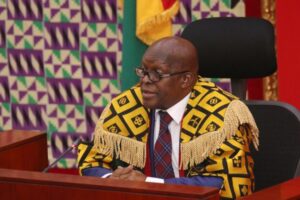
Nigeria’s Minister of Tourism, Mrs. Lola Ade-John, announced that the country welcomed over 1.2 million international visitors in 2023 and recorded three million domestic trips, reflecting a 20 percent increase compared to the previous year
The minister disclosed this during the 20th edition of the AKWAABA African Travel and Tourism Market, held in Lagos.
Ade-John expressed her optimism for the future of Nigeria’s tourism sector, envisioning growth in both tourist arrivals and revenue.
She stated in her remarks, Ade-John provided a comprehensive overview of the country’s tourism statistics, noting that the 1.2 million international visitors in 2023 contributed to boosting Nigeria’s foreign exchange. She added, “Domestic tourism saw three million trips in 2023, up 20% from 2022, with 200 million potential travellers.”
The Minister emphasized that tourism contributed 3.65% ($17.3 billion) to Nigeria’s GDP in 2022, and the sector currently employs 1.91 million people annually, with the potential to grow even further.
Nigeria’s cultural landscape remains a significant draw for tourists, boasting over 1,000 annual festivals, two UNESCO World Heritage Sites, and numerous parks and reserves. She described these elements as part of Nigeria’s rich tourism offering, noting that the sector has untapped potential.
A notable focus of Ade-John’s presentation was the critical role that Nigeria’s youth population plays in the tourism industry.
She described the youth as the nation’s greatest asset, especially in shaping the future of tourism. “The most exciting story lies in our youth. With 70% of our population under 30, Nigeria’s young people are our greatest asset in tourism. 65% of domestic trips in 2023 were undertaken by travellers aged 18 to 35 years,” she said.
Ade-John further explained that youth-led tourism startups have increased by 150% in the last three years. Social media engagement around travel content has surged by 300% among Nigerian youths since 2021, showing the increasing role of digital platforms in driving tourism interest.
“80% of our tourism workforce are under 40 years, bringing innovation and digital-savvy to the sector. These young Nigerians are not just travelers, they are storytellers, digital nomads, and entrepreneurs reshaping our tourism landscape,” she added.
The Minister also assured Nigerians of her ministry’s commitment to unlocking the country’s tourism potential.
This would be achieved through governance, stakeholder engagement, digital transformation, and enhancing Nigeria’s online presence. Ade-John highlighted plans for infrastructure rehabilitation, community-based tourism, and the inclusion of tourism in educational curricula as key steps toward realizing this vision.
She urged all Nigerians to take an active role in developing the tourism sector, emphasizing the importance of collaboration between the government, private sector, media, and civil society.



